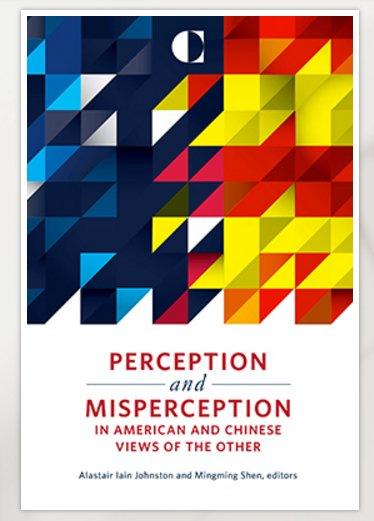
现在国内智库满天飞,各种活动和讨论也很热闹;从国家总体目标,智库建设到如何国际化提升中国智库的影响力都有很多高质量的讨论。遗憾的是,几乎没有任何关于如何提高智库核心竞争力--智库的研究报告--的高水平讨论。这里面涉及的问题很多,我们会陆陆续续的深入讨论这些问题。
今天,我们提供一篇应该被全世界智库好好学习的高质量的智库研究报告。从中可以看出,智库研究脱离不开高质量的基础学术研究。没有高质量的基础学术研究,智库报告就很容易演变成某些小团体的发声工具。
一句话,智库研究报告需要强大的方法论!
The underlying beliefs that people in the United States and China hold toward each other in the security realm are likely to influence, directly or indirectly, each side’s foreign policy with regard to the bilateral relationship. In-depth analyses of elite and public opinion survey data from the United States and China on a wide range of security issues provide nuanced and far-reaching insights into the potential effects of these attitudes on the U.S.-China relationship.
Key Findings
-
There are substantial gaps in American and Chinese perceptions of the basic traits and characteristics that each side exhibits. However, at the individual level, strong in-group exceptionalism does not necessarily predict out-group denigration.
-
A considerable part of the Chinese population appears to believe that China should not take on a world leadership role, or if it does, it should jointly lead the world with the United States. These attitudes are associated both with older respondents and with those in their thirties and early forties.
-
In general, mistrust of the external world on the Chinese side stems from educational socialization and media messaging.
-
Tea Party supporters in the United States demonstrate very low levels of trust toward China and, as a result, advocate much tougher economic and military policies. However, the Tea Party is less interested in interfering in the internal affairs of China than other elements of the population.
-
Analyzing the Results
-
Credible reassurance signals from the United States may be well received if aimed at individuals in the Chinese government, even if said individuals espouse a strong belief in Chinese exceptionalism.
-
The younger cohort of Chinese citizens has yet to influence Chinese politics and policy, and there may be some basis for expecting that this group could be more accepting of a continued, dominant U.S. role in international politics.
-
Efforts to affect Chinese beliefs about the United States may be limited by the powerful socializing effects of the Chinese government–controlled education and propaganda systems.
-
If the U.S. Congress and the next president are beholden to the Tea Party for electoral success, then there might be more conflict in the security and economic realms but somewhat less support for the United States’ cost-imposing policies on China’s internal affairs.
Read more at:
0
推荐




 京公网安备 11010502034662号
京公网安备 11010502034662号 